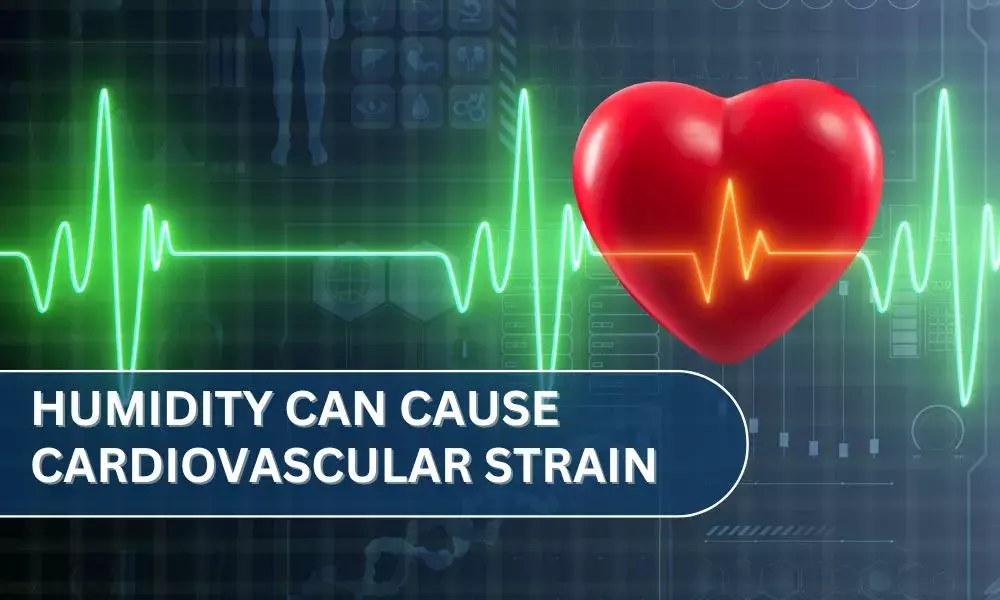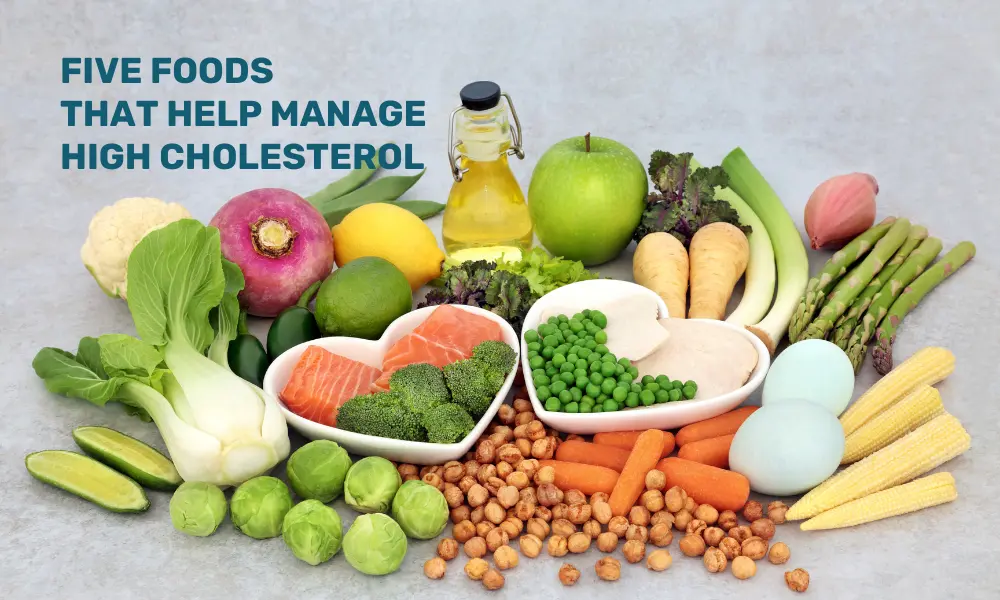Weather can play a significant role in triggering certain health problems. High temperatures and high humidity are two major factors that can cause serious health consequences for people with high blood pressure and heart disease.
According to a study from the Journal of Applied Physiology, increasing humid conditions in temperatures as low as 34 degrees Celsius can lead to a progressive rise in heart rate, known as cardiovascular strain.
High humidity and high temperature cause more blood flow toward the skin. This makes the heart beat faster and increases the blood circulation. Sweating constantly can lower the amount of fluid in the body, thereby reducing the fluid volume and leading to dehydration.
This interferes with the body’s natural ability to cool off and causes strain on the heart. During hot weather, our body cools down by shifting blood from major organs to the skin. In this process, our heart tends to pump more blood. In other words, it strains the heart, putting it under significantly more stress.
Recent research published in the flagship journal of the American Heart Association reveals that a high temperature of more than 109 degrees Fahrenheit can lead to deaths from cardiovascular disease*. Another study, featured at the American Stroke Association’s International Stroke Conference, suggested that temperature fluctuation during the summer can cause strokes.
As the temperatures are soaring high due to heat waves and global warming, the risk of cardiovascular strain for individuals exposed to hot weather will also increase. Therefore, individuals should take appropriate precautions in extremely hot weather, and special attention should be paid to older adults, people with high blood pressure, and those with a history of heart disease and stroke.
Precautions to Protect Your Heart
-
Stay Hydrated: Drink lot of fluids and water, especially when experiencing hot weather. Staying hydrated is important; consume enough liquids even if you don’t feel thirsty.
-
Beat the Heat: Chilled air is the best way to beat the heat and keep your body temperature normal. If you have a heart condition or take medications like diuretics, it may make more sense for you to stay inside in air conditioning during high temperatures and high humidity.
-
Take it easy: If you exercise outside on a hot and steamy day, do not push yourself too hard. Overexertion can put excessive strain on your heart. If you exercise, consume more water than you usually do, this will keep you well hydrated.
-
Diet: Eat light. Stick with smaller meals that don’t overload your stomach. Soups, salads, and fruits can satisfy your hunger and give you extra fluid; these are the best food options during high temperature.
-
Dress for the weather: What you wear greatly impacts your body’s ability to regulate temperature. Choose breathable, light-coloured fabrics. Well-ventilated shoes and moisture-wicking socks also are a good choice to help absorb sweat.
Lastly, follow your doctor’s advice and continue to take all medications as prescribed in case of any ongoing treatment. Further, do not forget to take the above precautionary measures during hot weather conditions.
*Data Source: https://rb.gy/dzrit





